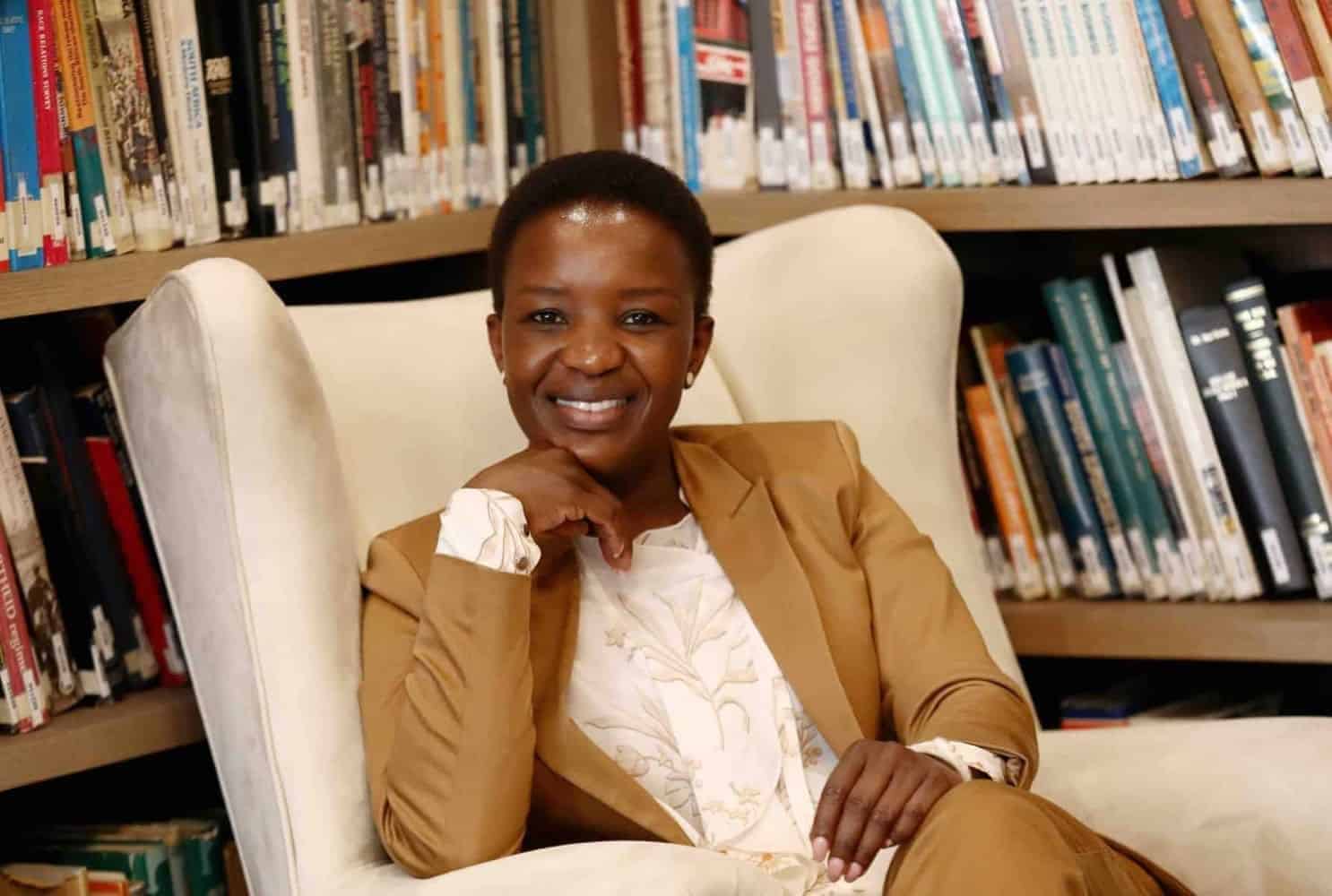When interest is part of a voluntary disclosure agreement, it stays in.
Taxpayers who conclude a voluntary disclosure agreement (VDA) in terms of the voluntary disclosure programme (VDP) cannot ask the South African Revenue Service (Sars) to remit the interest after signing the agreement.
The Constitutional Court (ConCourt) said it would lead to a “glaring absurdity” to permit a taxpayer to conclude a VDA which makes provision for interest and then to allow the taxpayer to subsequently ask for it to be waived.
“This destabilises the VDP framework. Finality of VDAs will be up in the air,” the court found in the appeal brought by Sars against a decision by the Supreme Court of Appeal (SCA) in the matter between Sars and Medtronic.
Swiss registered Medtronic Africa and Medtronic International’s troubles started in 2017 when it discovered former accountant Hildegard Steenkamp stole a staggering R537 million from the companies over a period of 12 years.
She falsified value-added tax (Vat) returns for input claims to which the company was not entitled to, and paid the refunds into a private account. She was employed by Medtronic Africa but also performed functions for Medtronic International.
Medtronic disclosed the fraud to Sars and successfully applied for the VDP in December 2017 and reached an agreement. Steenkamp was arrested, found guilty, and sentenced to 50 years in prison.
Medtronic Africa and Medtronic International made separate requests to Sars for the waiver of interest arising from the Vat underpayment. Sars’s response was that it lacked the power to waive interest under the VDP.
The Medtronic companies were advised that they could either proceed to conclude the VDAs and pay the full agreed amounts, including interest, or withdraw from the VDP.
The companies proceeded with the VDP processes which led to the conclusion of two VDAs, one in respect of each company. Medtronic International was to pay a total amount of almost R457.6 million which included the Vat, understatement penalties and interest.
ALSO READ: Are you making money with crypto assets? Sars is looking for you
The request
However, after concluding the VDA, Medtronic International submitted a request for remission of interest in terms of the Vat Act. Sars refused to consider this request.
Medtronic International then approached the Pretoria High Court seeking a declarator to the effect that provisions in the Tax Administration Act (TAA) do not prohibit a request for remission of interest in terms of the Vat Act. The matter progressed to the SCA which essentially found that Sars has a statutory duty to consider the request for waiver.
Sars approached the ConCourt and asked for leave to appeal the SCA judgment. Sars succeeded with its appeal and the SCA’s majority decision was set aside.
ALSO READ: Sars and taxpayers grapple with ‘bona fide inadvertent error’ clause
The issue
At issue was whether a taxpayer, who has concluded a VDA in terms of the TAA and agreed to pay interest, can seek remission of interest in terms of the Vat Act.
This issue was not addressed by the SCA decision. The SCA decision was split with the majority stating that the real question to consider was whether Sars could lawfully refuse to consider Medtronic International’s request for remission of interest.
The majority held that neither the Vat Act nor the TAA provides, whether expressly or by necessary implication, that a taxpayer who has concluded a VDA may not seek remission of interest.
In a unanimous decision ConCourt acting deputy chief judge Mbuyiseli Madlanga said he had difficulty understanding how this could have been the pre-eminent question.
“If there is no power to decide the request for remission of interest under section 39(7) of the Vat Act post conclusion of a VDA, there is no point in considering the request.”
The minority concluded that the provisions governing the VDP “do not permit a taxpayer who has entered into a voluntary disclosure agreement to seek a remission of interest, the amount of which was incorporated in the determined tax debt due, after the conclusion of the VDA”.
ALSO READ: Economists say they are confident in Sars
The ‘centrepiece’
“I would say the minority’s holding is to the effect that once you interfere with the material terms of the “centrepiece” [and provision in the VDA for payment of interest is certainly a material term], you have effectively undone the VDA,” Madlanga stated.
He added that the TAA’s silence on remission of interest in terms of the Vat Act does not of necessity lead to a conclusion that it permits remission post conclusion of a VDA.
The ConCourt found that by signing the VDA, a taxpayer categorically accepts its terms, including the provision for interest which is a statutorily imposed component.
There is simply an illogicality, if not contradiction, for a taxpayer to think that – although the VDP, which culminates in a VDA, requires him to commit categorically to pay a specified rate and amount of interest – there is still room to walk away from that categorical commitment, Madlanga said.
ALSO READ: Accountant found guilty of stealing R500m from former employer
Standard wording
ENSafrica tax executive Charles de Wet says Sars routinely takes the view that VDAs (and settlement agreements) are standard. They are not prepared to negotiate individual clauses.
“Given the courts view that the signed agreement is binding on all parties, even when other provisions of the tax acts could come into play, taxpayers would need to ensure that all clauses of agreements with Sars achieved the intended outcome and not simply accept the standard Sars wording.”
De Wet adds that this may result in taxpayers not using the VDP mechanism to rectify tax defaults. Especially as the cost of completing a VDA without prescription applying and full interest being payable becomes prohibitive.
This article was republished from Moneyweb. Read the original here.














